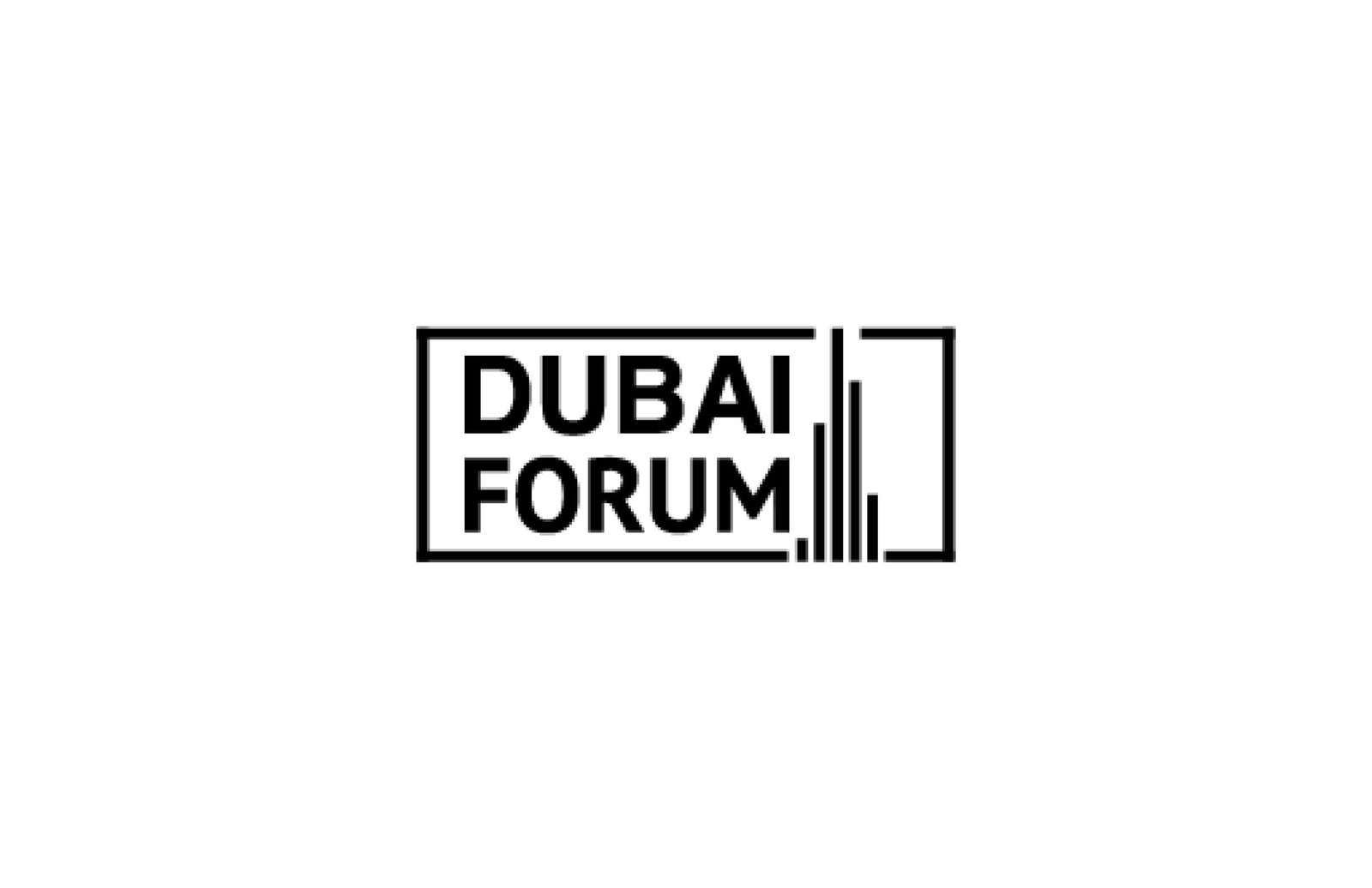The Resurgence of Urban Spaces: A New Dawn for Real Estate in the GCC
In recent years, the real estate markets across the Gulf Cooperation Council (GCC) region have witnessed remarkable transformations. This trend is particularly pronounced in the United Arab Emirates and Kingdom of Saudi Arabia, where urban developments reflect both a burgeoning economy and a shifting societal landscape. As we move further into the 2020s, this period of recuperation and growth presents an intriguing narrative of adaptation and opportunity, urging investors, expatriates, and urban planners alike to reassess their strategies and expectations within an evolving milieu.
An Economic Landscape of Opportunity
The post-pandemic recovery has served as a catalyst for real estate rejuvenation throughout the GCC. With the global economy beginning to stabilize and pent-up demand resurfacing, the housing market has entered a phase of revitalization. Key indicators such as property sales, lease agreements, and overall market liquidity have begun to show positive trends, suggesting a robust recovery that is underpinned by a multifaceted economic strategy.
In particular, a diverse array of factors is fueling this resurgence. Governments within the region have prioritized reforms that encourage foreign investment, including the introduction of attractive residency programs for expatriates and streamlined regulations for property ownership. As a result, the UAE, specifically Dubai and Abu Dhabi, has positioned itself as a global hub for both tourism and business, drawing interest not just from regional investors but also from international buyers seeking to capitalize on the favorable market conditions.
Lifestyle Shifts and Market Demands
At the core of this revitalization is a notable shift in lifestyle trends among residents. As the world emerges from the constraints of the pandemic, there has been an observable pivot towards seeking quality living conditions that prioritize space, amenities, and environmental sustainability. This shift has influenced developers significantly, who are now prioritizing projects that cater to these preferences, integrating green spaces and smart technologies into their designs.
In line with this evolving consumer mindset, there has been a marked increase in demand for mixed-use developments that offer retail, residential, and recreational options within the same vicinity. Such projects not only enhance convenience but also foster vibrant community interactions, ultimately enriching the living experience. Developers have responded by innovating their offerings, making them increasingly attractive to families, young professionals, and expats alike.
Regional Highlights
The Kingdom of Saudi Arabia is also witnessing a substantial real estate evolution, particularly in conjunction with its Vision 2030 initiative aimed at diversifying the economy. The growth of mega-projects such as NEOM and the Red Sea Project promises to redefine urban landscapes across the kingdom. These initiatives encourage investment and attract a global labor force, seeking to create sustainable cities that cater to future generations.
Saudi Arabia’s real estate market is anticipated to flourish as compliance with international standards improves, and engagement with digital platforms expands. Traditional markets are being reassessed, with government support for sectors such as tourism and services driving demand for commercial real estate, further embedding the concept of sustainability into urban planning.
The Role of Technology in Real Estate
Technological advancements have also emerged as an integral part of this industry’s transformation. The integration of artificial intelligence and blockchain into real estate transactions is redefining how properties are bought and sold, enhancing transparency, security, and efficiency. Virtual tours are becoming a standard expectation, allowing potential buyers and renters to engage with properties remotely, thus broadening access and elevating the customer experience.
As the landscape evolves, the need for adaptation extends to professionals in the sector as well. Real estate agents and brokers are increasingly required to understand and leverage technology, ensuring they remain competitive in a rapidly changing environment. Similarly, investors are urged to stay informed about market trends and technological innovations, as these elements will play crucial roles in shaping future growth.
Conclusion: The Path Ahead
As the GCC real estate market navigates its way through the remainder of the decade, the confluence of economic, social, and technological factors offers a fertile ground for growth and evolution. This moment embodies not merely the resurgence of urban spaces but also a renaissance influenced by changing consumer preferences and the adoption of innovative practices. For investors and residents alike, this represents an unprecedented opportunity to engage with a dynamic, transformative market that promises to shape the future of living and working in the region.
—
Tags: #RealEstateNews #EconomyNews #UAE #Saudi #CommunitiesNews

